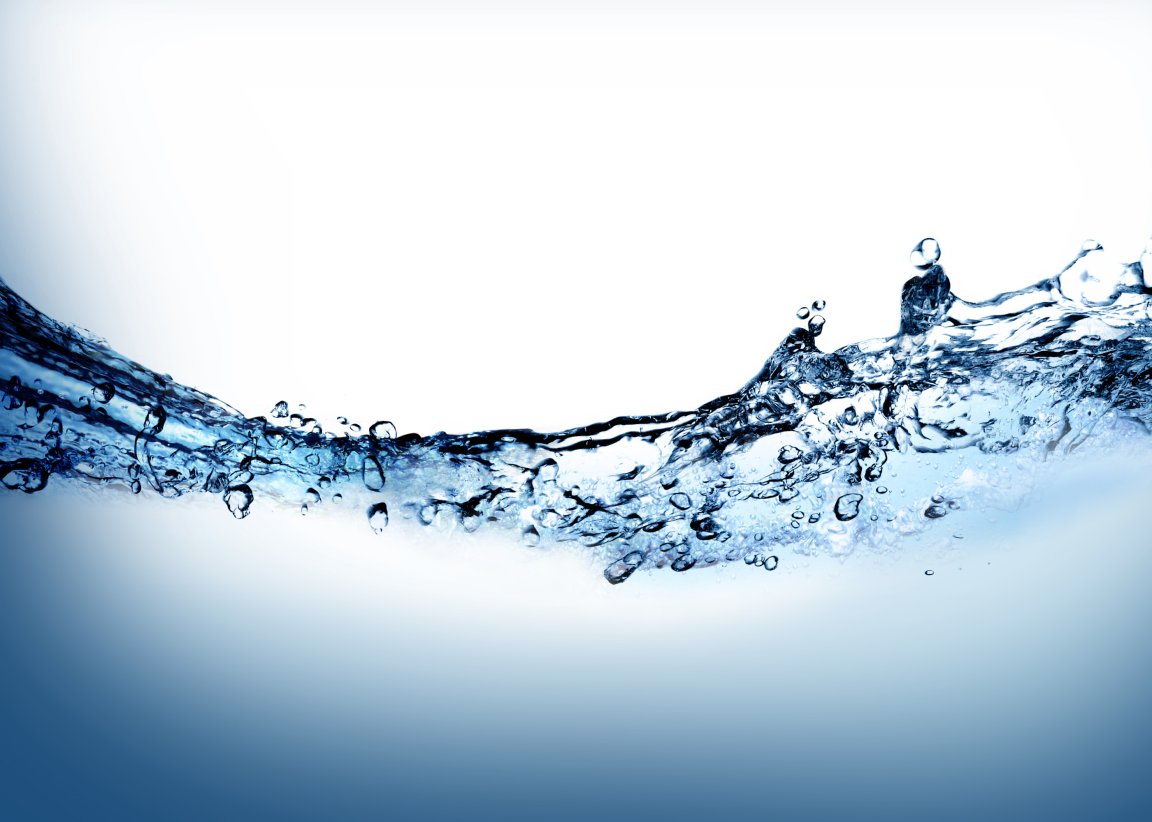
Not One, But Two
Similar to how we’ve begun to uncover new properties in Hydrogen, the world’s most basic element, scientists are now discovering how complex water really is. Considered to be one of the most fundamental molecules on Earth, water (H2O) may actually have not one, but two distinct liquid phases. The discovery was made by researchers from Stockholm University in Sweden, and the team published their findings in the journal of the Proceedings of the National Academy of Sciences (PNAS).
“The new remarkable property is that we find that water can exist as two different liquids at low temperatures where ice crystallization is slow,” Stockholm University professor and researcher Anders Nilson said in a press release.
Concretely, they saw that liquid water fluctuates between high and low density forms. X-rays at the Argonne National Laboratory near Chicago found the difference in structures, while the large X-ray laboratory at DESY, a national research center in Hamburg, confirmed that both forms were indeed liquid phases. “We have in particular been able to follow the transformation of the sample at low temperatures between the two phases and demonstrated that there is diffusion as is typical for liquids,” Fivos Perakis, a postdoctoral researcher at Stockholm University with a background in ultrafast optical spectroscopy, explained.
Uniquely Strange
It’s not surprising, really, for water to have such bizarre properties. For one, it already has many other uniquely strange properties that set it apart from other liquids. “The new results give very strong support to a picture where water at room temperature can’t decide in which of the two forms it should be, high or low density, which results in local fluctuations between the two,” researcher Lars G.M. Pettersson said. “In a nutshell: Water is not a complicated liquid, but two simple liquids with a complicated relationship.”

On a practical level, this understanding of how water behaves at different temperatures and pressures can help researchers to develop better purification and desalination processes. On an even grander scale, however, it could help us to see how water is affected by the salts and biomolecules necessary for life. The strange properties of water become stranger still as these actually make water a prerequisite for life as we know it.
Assuming the same conditions apply in exoplanets, this could help us spot water — and potentially life — beyond Earth.